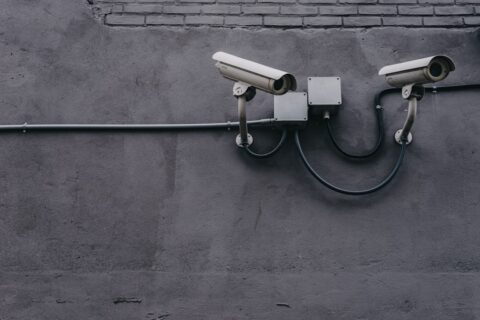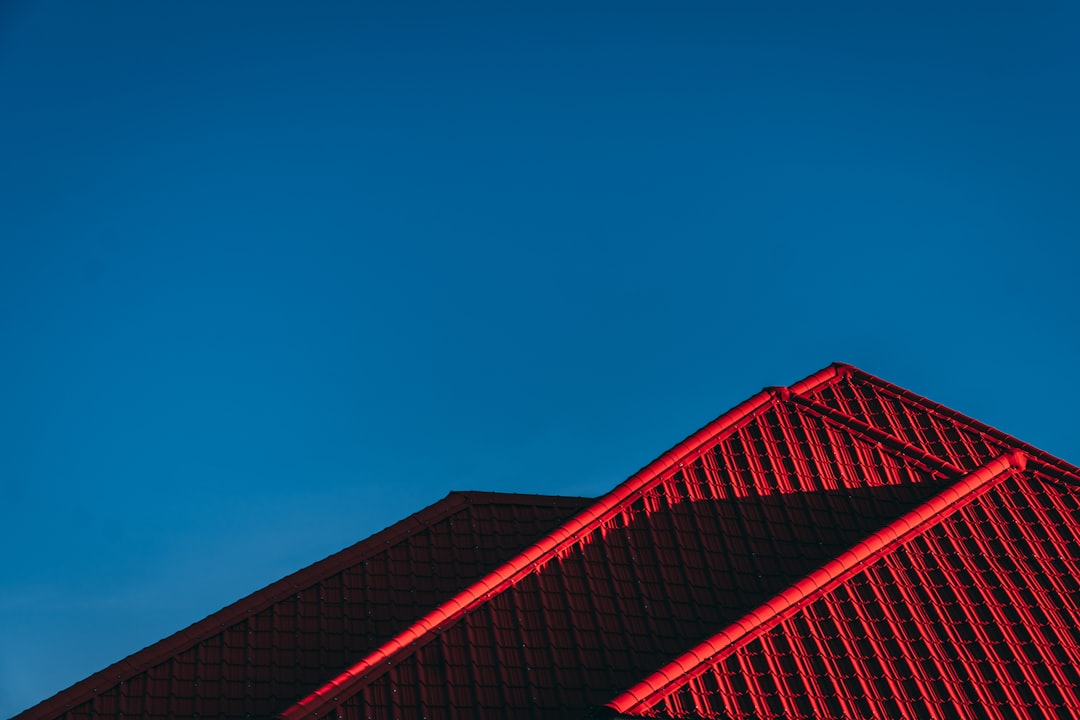As a commercial property owner or manager, you know how important it is to ensure that your building remains in good condition. One of the most significant threats to your property is water damage. Whether it’s from rain, melting snow, or flooding, water can wreak havoc on your building’s structure and cause significant damage to your property.
That’s where commercial waterproofing comes in. Commercial waterproofing is a process that involves applying a waterproof coating or membrane to your building’s exterior. This coating serves as a barrier to prevent water from seeping into your building’s walls, floors, and ceilings.
There are several different types of waterproofing solutions available for commercial properties. In this article, we’ll discuss some of the most common options.
Silicone Coatings
Silicone coatings are one of the most popular choices for commercial waterproofing. They are highly effective at preventing water damage and can last for up to 20 years. Silicone coatings are also resistant to UV rays, which can cause other types of coatings to break down over time.
Bituminous Coatings
Bituminous coatings are another popular choice for commercial waterproofing. They are made from asphalt or coal tar and are highly effective at preventing water damage. Bituminous coatings are also relatively inexpensive compared to other types of waterproofing solutions.
Liquid Applied Membranes
Liquid applied membranes are a newer type of waterproofing solution that are becoming increasingly popular. They are easy to apply, highly effective at preventing water damage, and can last for up to 50 years. Liquid applied membranes are also flexible, which makes them ideal for areas that experience temperature fluctuations.
Sheet Membranes
Sheet membranes are another popular option for commercial waterproofing. They are made from materials like PVC or rubber and are highly effective at preventing water damage. Sheet membranes are also easy to install and can last for up to 30 years.
No matter which type of waterproofing solution you choose, it’s important to hire a professional contractor to install it. Improper installation can render even the best waterproofing solutions ineffective.
In addition to waterproofing your building’s exterior, there are several other steps you can take to prevent water damage. These include:
- Cleaning gutters and downspouts regularly to ensure that water is properly directed away from your building
- Inspecting your roof for damage and repairing any leaks immediately
- Installing a sump pump to prevent water from accumulating in your basement
Commercial waterproofing is an essential step in protecting your building from water damage. There are several different types of waterproofing solutions available, including silicone coatings, bituminous coatings, liquid applied membranes, and sheet membranes. Whichever type of waterproofing you choose, be sure to hire a professional contractor to install it properly. And don’t forget to take additional steps to prevent water damage, such as cleaning gutters and downspouts, inspecting your roof, and installing a sump pump. With proper maintenance and waterproofing, you can keep your commercial property safe and dry for many years to come.










